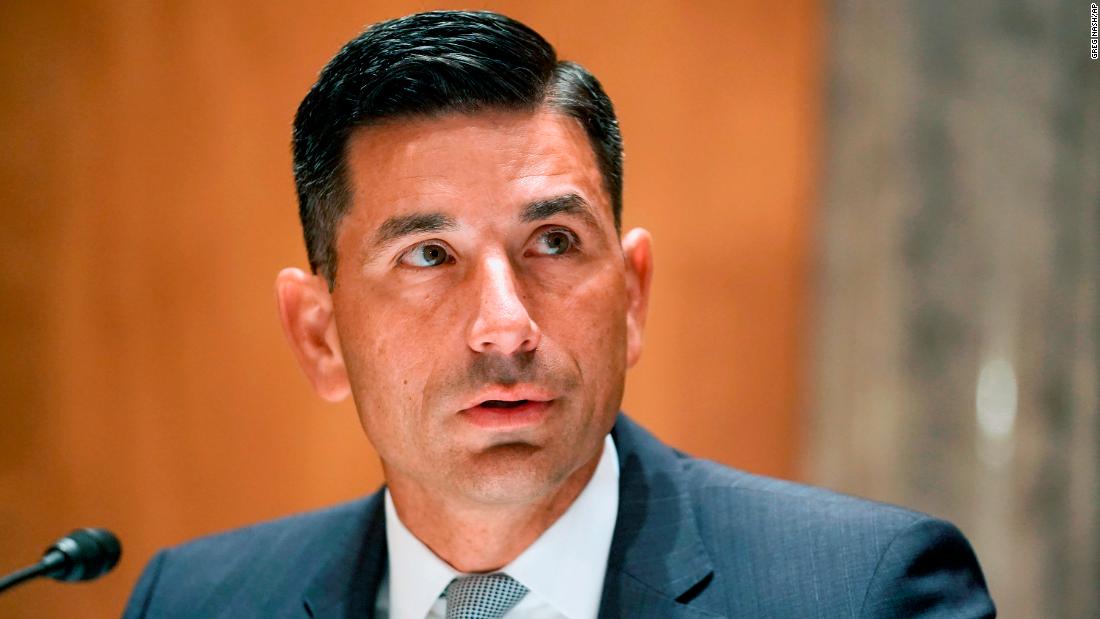

The April 26 Homeland Security inspector general’s assessment provides a damning look at the way DHS’ Office of Intelligence and Analysis dealt with intelligence related to Russia’s efforts to interfere in the US, stating the department had deviated from its standard procedures in modifying assessments related to Moscow’s targeting of the 2020 presidential election.
The conclusion that Trump’s appointee appeared to have tried to downplay Russian meddling in a key intelligence report is the latest example of how his aides managed his aversion to any information about how Russia might be helping his election prospects. According to special counsel Robert Mueller’s report, Trump officials tried to avoid the topic during meetings and at hearings, because he would become enraged and upset when Russian meddling came up.
The US intelligence community announced during the 2020 campaign that Russia was actively meddling in the election to weaken then-candidate Joe Biden. At the time, Trump downplayed those findings and promoted false claims about Biden that aligned with Russia’s disinformation efforts. The IG report addresses past suspicions that Trump appointees distorted some intelligence reports to foster a more Trump-friendly narrative.
“We determined that the Acting Secretary’s involvement led to the rare occurrence of I&A ceasing dissemination of a product after it had already been approved by the mission manager and circulated via advanced notification,” the report states.
“The delays and deviation from I&A’s standard process and requirements put I&A at risk of creating a perception of politicization. This conclusion is supported by I&A’s own tradecraft assessment, which determined that the product might be viewed as politicized,” it continues.
The whistleblower claimed that Wolf had instructed DHS officials to “cease providing intelligence assessments on the threat of Russian interference” and, instead, focus their efforts on gathering information related to activities being carried out by China and Iran.
The scope of the DHS IG report was limited to the single intelligence report in question.
Initially, the IG found, the DHS Intelligence and Analysis Office had followed internal drafting and editing processes. The report was two pages in length and related to one “‘current Democratic presidential candidate'” and to Russian activities to influence the presidential election. It evolved over time after receiving internal input, according to the IG report.
The IG also followed up on a July 2020 meeting mentioned by the whistleblower, who claimed Wolf had asked for the product to be held because “‘it made the President look bad.'”
According to notes of the meeting obtained by the IG, one top official wrote: “AS1 — will hurt POTUS — kill it per his authorities.” The official told the IG the notes meant the acting secretary had told him to hold the product because it would hurt Trump and the authorities cited were in reference to those possessed by the secretary.
The IG’s office interviewed Wolf, who denied saying this and added that he had asked for the product to be improved.
“I tried to put myself in the position of one of our state and local partners who would be reading this and I could not see where the product, as written on July 8, would have added any value or given them any knowledge they could use. … The product was not well written,” the acting secretary told the IG’s office, according to the report.
The delays and disruptions, though, put the office at risk of creating the perception of politicization, the IG report states. The IG recommended working with the Office of the Secretary and I&A oversight entities to make sure election-related reports are in line with policies and guidelines. I&A agreed with the recommendation.
CNN’s Marshall Cohen contributed to this report.